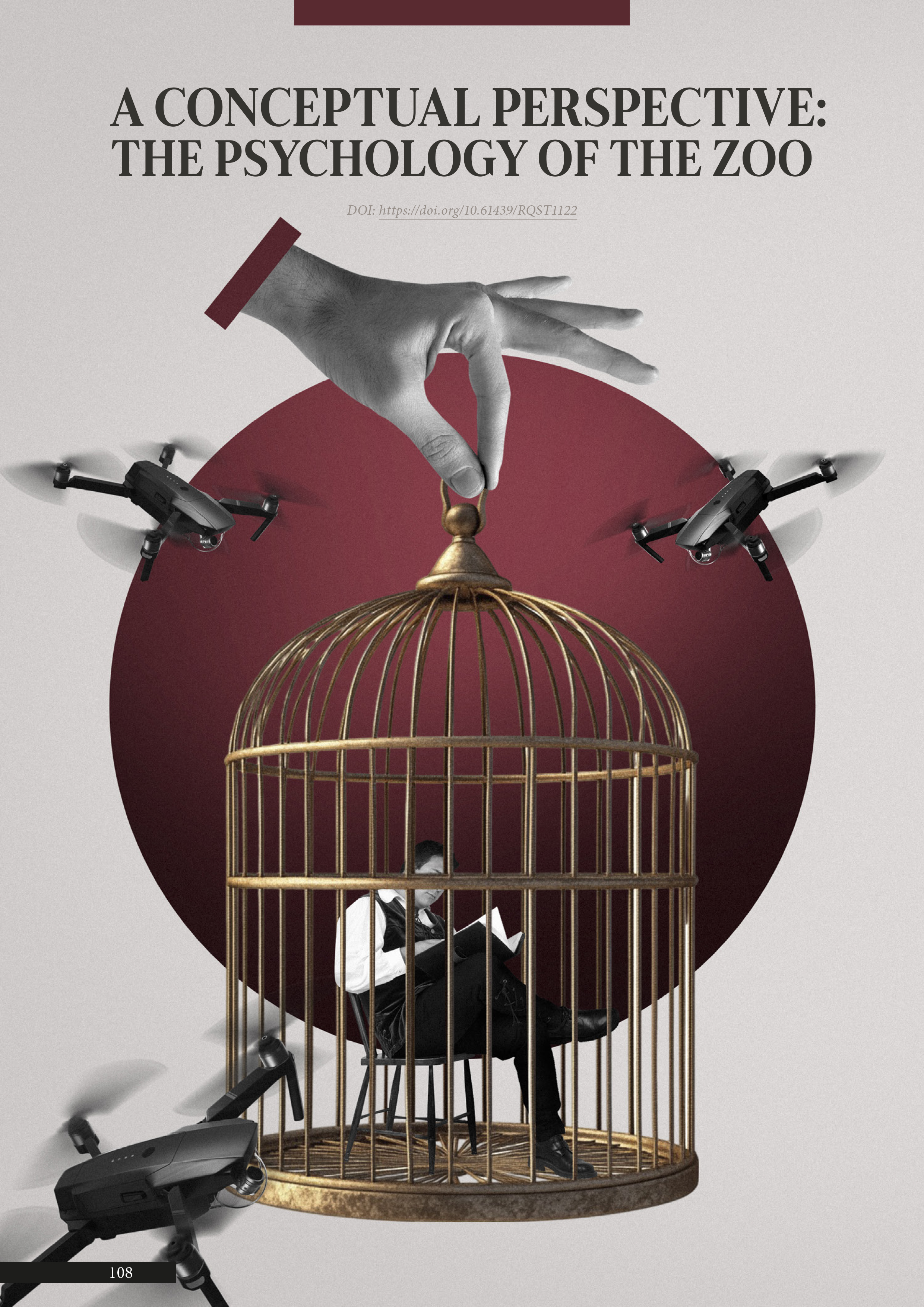A Conceptual Perspective: The Psychology of the Zoo
##plugins.themes.academic_pro.article.main##
Abstract
This article introduces the conceptual framework of the psychology of the zoo — a multi- disciplinary construct describing human adaptation and behavioral regulation within controlled, hierarchical environments. Synthesizing perspectives from applied psychology, criminology, and social theory, the study argues that “zoo-like” systems emerge naturally whenever human collectives confront structural asymmetries of power, knowledge, or technology. Drawing upon Foucault’s theory of discipline, Goffman’s analysis of total institutions, and Zimbardo’s experimental findings on situational conformity, the paper explores how confinement, surveillance, and normalization shape identity formation and moral agency.
Methodologically, the article employs a conceptual-analytical and phenomenological approach, combining grounded theoretical synthesis with comparative mapping of insti- tutional forms — monastic, military, carceral, and corporate. The psychology of the zoo is proposed as a diagnostic and interpretive model for understanding adaptive and regressive mechanisms in environments of sustained constraint. Ultimately, the paper suggests that the task of applied psychology and criminology is not to dismantle such systems, but to transform them into spaces of conscious self-regulation where discipline fosters, rather than annihilates, human subjectivity.
DOI: https://doi.org/10.61439/RQST1122

